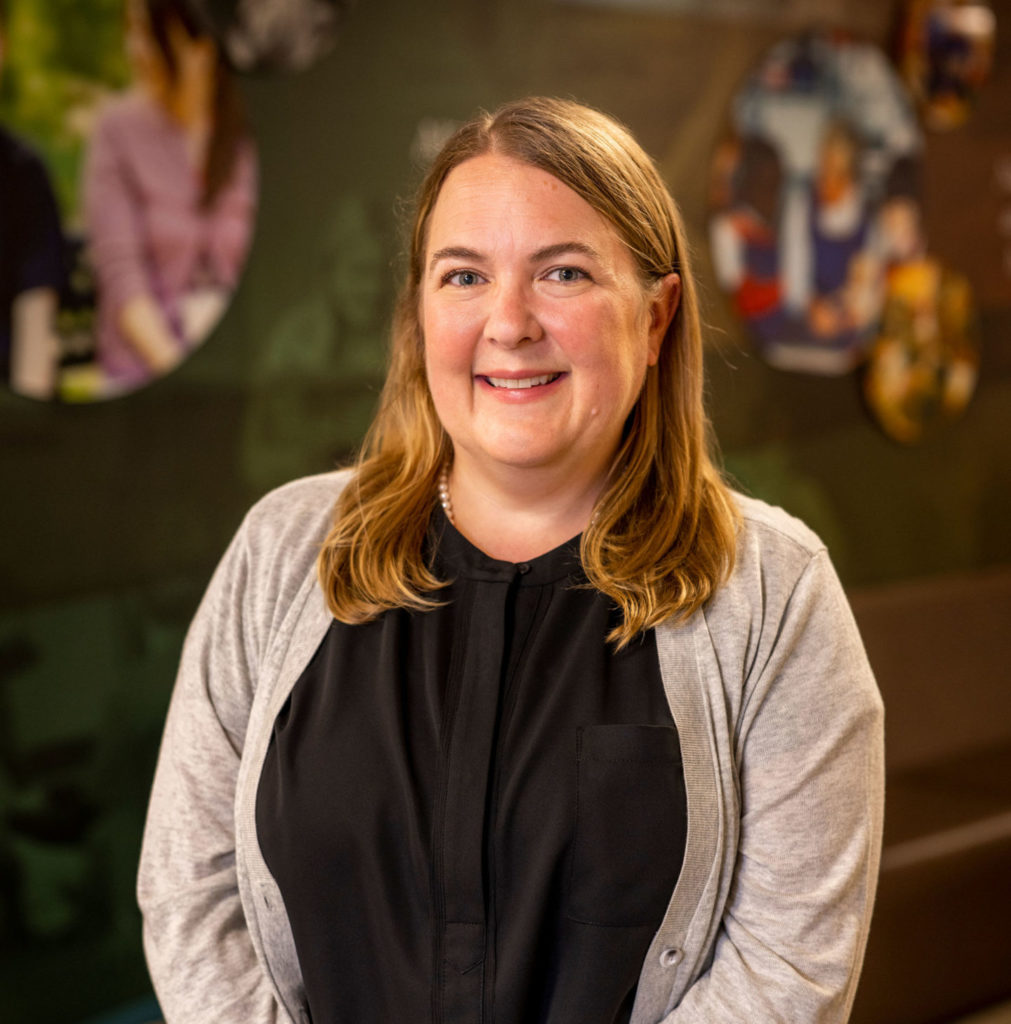Addressing Concerns about Your Child’s Development: A Pediatrician’s Perspective


Watching your young child grow and develop is one of the best parts of parenting. Parents often remember the excitement of their child’s first steps or first words. But what do you do if you have concerns about your child’s development?
First, know that YOU are the expert on your child! According to the American Academy of Pediatrics, studies have shown that when parents have a concern about their child’s development, they are often right. Don’t wait to share your concerns with your child’s pediatrician or health care provider.
Parents are encouraged to explore resources and tools available to assess or monitor their child’s development. Children typically acquire new skills in a predictable way and at certain ages, which we refer to as developmental milestones. For example, taking their first independent steps is a developmental milestone that children typically reach at 12-15 months of age and after they have learned to cruise along furniture or walk with assistance. Developmental milestones occur in all areas of a child’s development, including physical (motor or movement), cognitive (thinking, learning, communicating), and social/emotional (interacting with others, understanding feelings). There are multiple online resources about developmental milestones available, including healthychildren.org (American Academy of Pediatrics) and helpmegrowmn.org (Minnesota’s Help Me Grow program). Help Me Grow has information about child development that is available in multiple languages. The CDC offers the Milestone Tracker app (free to download), which has photos and videos that illustrate each milestone. I also recommend several books from the American Academy of Pediatrics, including “Your Baby’s First Year” and “Caring for Your Baby and Young Child.”
While it is good for parents to know the typical developmental milestones, it is also important to know that each child develops at their own pace. The pace of a child’s development may be impacted by multiple factors including family history, the temperament of the child, and what is happening in the child’s environment. Just because a child doesn’t reach a developmental milestone by a certain age does not necessarily mean that there is a problem with the child’s development!
When you contact your child’s clinic, it is helpful to note any concerns about development at the time of scheduling or early in a clinic visit to ensure that conversation about development is prioritized. Routine childhood clinic visits follow a recommended schedule, and development is assessed during each of these visits. This is one of the reasons it is important to attend all recommended routine visits. We cover a lot of topics in a short period of time during those visits, including nutrition, sleep, growth, safety, and immunizations, along with development. During the visit, parents are typically asked questions about the child’s development. Certain visits may have standardized developmental screening (typically 9 months, 15-18 months, and 24-30 months) and autism screening (18-24 months). The health care provider will also assess components of development by observing the child during the visit. If a parent has used any resources or tools to assess their child’s development prior to the visit, it is helpful to bring that information! Say to the provider, “I have been using the Milestone Tracker app to track my child’s progress, and I have concerns that they are not yet….”
If a parent or health care provider has concerns about a child’s development or if the screening indicates a potential delay in development, additional evaluation or intervention may be needed. A health care provider might recommend close monitoring; they may provide activities that the family can do at home to facilitate development; or the child may be referred for a more comprehensive developmental assessment or therapy services. The decision about how to best proceed should be made collaboratively between the health care provider and the family. Parents should advocate for the option they feel will best meet their child’s needs!
Every state has an early childhood system that provides developmental screening and therapy services when needed. In Minnesota, that program is called Help Me Grow (helpmegrowmn.org or 1-866-693-4769). In addition to a health care provider referring a patient for evaluation, families can also request an evaluation directly through Help Me Grow. Eligible children receive free services regardless of income or immigration status.
Finally, as a pediatrician I want parents to know that early intervention is important! Interventions to help children build new skills include speech, occupational, and physical therapies along with other services based on the needs of the child and family. These interventions are most helpful when started at an earlier age. St. David’s Center provides many of these early intervention services for children. See the website at stdavidscenter.org for more information.

Rachel Bies, MD FAAP is a pediatrician at Wayzata Children’s Clinic. She has worked at the clinic since 2009, practicing general pediatrics with an emphasis on special-needs patient populations. She has served as medical director for the organization from 2011 to 2019. She is also an assistant professor of pediatrics at the University of Minnesota, working with medical students and residents. Rachel graduated from St. Olaf College in 1999 with a Bachelor of Arts degree in Biology. She attended medical school and residency at the University of Minnesota, completing a chief residency in 2009. Rachel joined St. David’s as the medical director in 2017. Rachel and her husband live in Plymouth, MN.